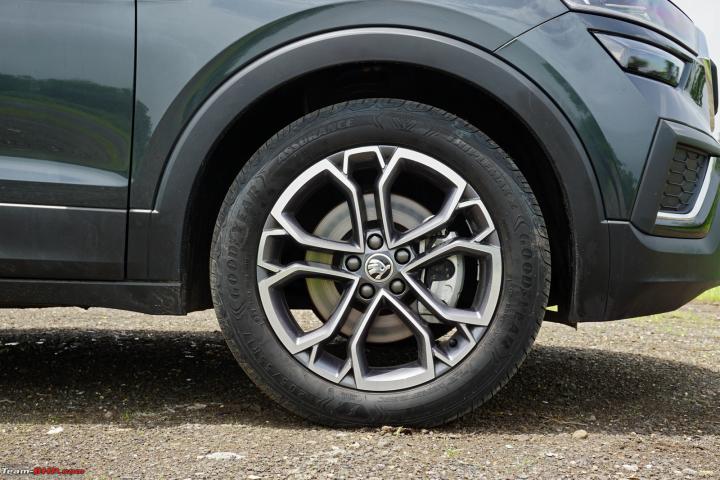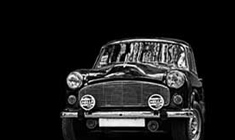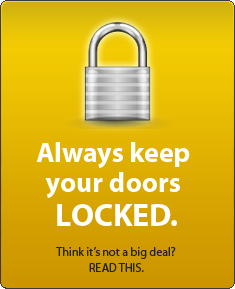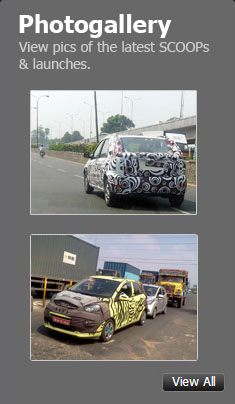News
Explained: Reasons why brakes groan when the car is on a slope
The reason why this is becoming more common is because of the choice of friction materials for brakes.
BHPian Mclaren Rulz recently shared this with other enthusiasts.
I've noticed this brake groaning in multiple cars, including mine. A video explains the sound much better than I could, so here it is at the 4:00 mark.
Why do brakes make that groaning sound when one is on an incline? I believe this happens in both forward and reverse directions though I may be wrong about that part.
Here's what BHPian ashivas89 had to say on the matter:
Brake dynamics engineer here
Brakes groan due to a phenomenon called stick slip which has something to do with the tribology (contact between disc and pads) and the the response of the chassis parts and bushings. This leads to results in self excited vibrations.
The reason why this is becoming more common is because of the choice of friction materials for brakes. Cars getting faster+heavier+regulatory requirements+competition to achieve best stopping distances all have led to the need for a certain type of friction material.
Please note that this phenomenon or brake squeal which also occurs due to broadly similar reasons has no bearing on safety or stopping distances. In fact the better the performance, higher the likelihood of these issues cropping up (in fact this is a bigger headache for luxury car makers and they spend millions to figure out a good compromise between NVH comfort and performance).
High speed judder on the other hand is a cause for concern something that will need looking into. But that is another lesson for another day.
Here's what BHPian saket77 had to say on the matter:
Great to have someone on this topic.
My question- do brake shims/ spacers help arrest this noise? Will adding more than 1 shim change anything?
Also, do brake shims in any way, positively or negatively impact braking efficiency?
Thanks in advance.
Regards,
Saket.
BHPian ashivas89 replied:
Primarily shims are used in this context to either tune the contact patch between the pad and the disc or to enable optimal placement and movement of the pads within the caliper housing. This requires a lot of tuning (100s of man hours simulating+testing on dynos)and they are specific to each problem encountered. So they help, if tuned as mentioned.
There is never a one size fits all solution and aftermarket shims are definitely a hit or a miss.
Performance in terms of brake pedal feel might take a marginal hit if a thick elastomer layer is used, for example. Stainless steel shims don't register.
Absolute performance in terms of stopping distance is never an issue. However, in high performance cars, materials have to be chosen carefully to account for the high thermal demands of performance brakes.
Here's what BHPian shancz had to say on the matter:
A layman's example here, seems like the same logic is at play.
I was accustomed to these "vibrations/noise" as the staircase in our house has a rounded wooden railing. Rounded is important because as I am coming down my entire hand's surface area is gripping the railing similar in concept to how the caliper grips the flat disk via flat brake pads.
Coming down and then gripping the railing harder to slow down for the last steps it would make a slight squeal and then the vibration would start and as I pushed more(accelerated) just for fun, the vibrations were significant enough to visibly shake the unhinged end of the railing.
Exactly like you said this was easy to happen during rains due to the absence of dust and presence of moisture both in the hand(brake pad) and the railing(brake disk) aiding grip and it doesn't happen at all during dry and dusty environs as the hand just slides over without much grip.
So experiencing the same in cars wasn't surprising at all.
Hope this crude example makes sense and please do advice if it isn't correct on the principle.
Here's what BHPian VijayAnand1 had to say on the matter:
Interesting one!
Let me share my observations on brake groan or brake chatter. This issue is pronounced in my experience in two scenarios. When the speed is extremely low and the weight is biased towards one side i.e. front or rear. This sound emanates almost entirely from the front disc brake of the car as opposed to the drum brakes.
Now, I've observed this phenomenon on both my motorcycle and car. Case in point, when the motorcycle is washed and where I live there is slope to cover to access the main road, and when you engage the front brake, the front brake groans. What's interesting is while the rear is almost silent when both the brakes are simultaneously applied, the front groans and moans. You can feel the front slip-grab-slip-grab along with the groan sound. The loaded front end of the motorcycle, along with inadequate CoF ultimately results in this sound.
This slip-grab happens so quick, perhaps even in milliseconds, you don't feel the judder yet you hear the sound and experience a sore brake feel.
The above phenomenon happens even in my car after wash. The reason I've highlighted my motorcycle as an analogy is to try to dissect it in a simple way.
Once the rotors and pads are warmed up, they tend to do their job well and there is absolutely no squeal, groan, moan of any sorts. So, even temperature has a role to play in how well a brake performs.
Now, there are different aspects as to why this "groan" can pronounce itself in an unusual way and a lot of factors come into play, condition of brake pads, the condition of rotors, how sticky/grabby the caliper pistons are, how dirty are the pads themselves of accumulated brake dust, there are so many variables, but that's for another day, perhaps.
The bottom-line, weight, temperature and pressure all alter a given friction coefficient for a given circumstance. And as simply and neatly said in the First Law of Thermodynamics - Energy cannot be created or destroyed, it can only be changed from one form to another.
Cheers!
VJ.
Check out BHPian comments for more insights and information.





.jpg)












